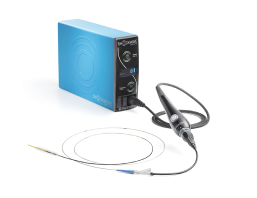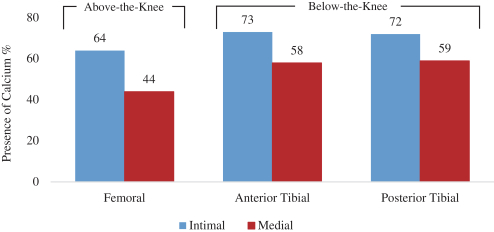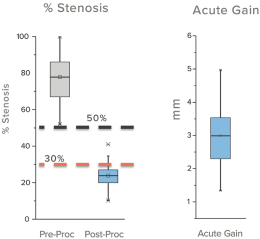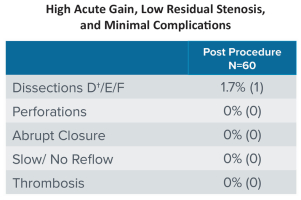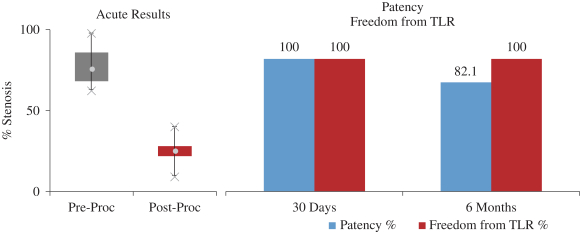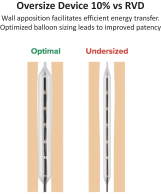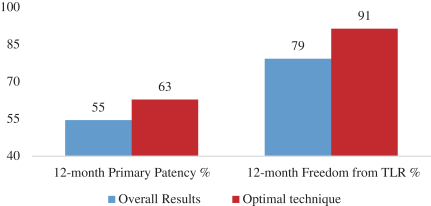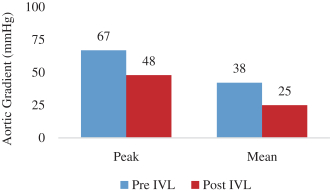the value of our deferred tax assets, could result in significantone-time charges in the current or future taxable years and could increase our future U.S. tax expense. The foregoing items, as well as any future changes in tax laws, could have a material adverse effect on our business, cash flow, financial condition or results of operations. In addition, it is uncertain if and to what extent various states will conform to the TCJA or any newly enacted federal tax legislation.
Our principal stockholders and management own a significant percentage of our stock and will be able to exercise significant influence over matters subject to stockholder approval.
As of September 30, 2019, our executive officers, directors and 5% stockholders beneficially owned approximately 16.8% of the outstanding shares of capital stock, and, upon the closing of this offering, that same group will hold approximately 15.7% of our outstanding shares of common stock (assuming no exercise of the underwriters’ option to purchase additional shares). In addition, as of September 30, 2019, our executive officers and directors held options to purchase an aggregate of 2,017,549 shares of our common stock at a weighted-average exercise price of $4.85 per share and 29,000 shares of common stock underlying outstanding restricted stock units (“RSUs”), which would give our executive officers and directors ownership of approximately 18.0% of our outstanding common stock following this offering if such awards are fully vested and are exercised in full (assuming no exercise of the underwriters’ option to purchase additional shares). Therefore, even after this offering, these stockholders will have the ability to influence us through this ownership position. The interests of this group of stockholders may not coincide with the interests of other stockholders.
Sales of substantial amounts of our common stock in the public markets, or the perception that such sales could occur, could reduce the market price of our common stock.
Sales of a substantial number of shares of our common stock in the public market, or the perception that such sales could occur, could adversely affect the market price of our common stock. As of September 30, 2019, we had 28,255,893 shares of common stock outstanding. Of these shares, the 6,555,000 shares of common stock sold in our initial public offering are freely tradable. Of the remaining 21,700,893 shares of common stock outstanding as of September 30, 2019, approximately 17,903,558 shares are available for sale in the public market, and an additional 3,797,335 shares will be available for sale in the public market beginning 90 days after the date of this prospectus following the expiration of thelock-up period in connection with this offering, in some cases, subject to volume, manner of sale and other limitations of Rule 144 and the terms of our insider trading policy, provided that sales pursuant to Rule 10b5-1 trading plans will also be permitted during such lock-up period. The 2,150,000 shares of common stock sold in this offering will be freely tradable immediately upon consummation of this offering, assuming no exercise of the underwriters’ option to purchase additional shares of our common stock.
In addition, as of September 30, 2019 there were 3,658,436 shares of common stock subject to outstanding options, and 226,550 shares of common stock to be issued upon the vesting of outstanding RSUs. We have registered all of the shares of common stock issuable upon the exercise of outstanding options, upon the vesting of outstanding restricted stock and upon exercise or settlement of any other equity incentives we may grant in the future, for public resale under the Securities Act. Accordingly, these shares may be freely sold in the public market upon issuance as permitted by any applicable vesting requirements, in certain cases, subject to thelock-up agreements described above and compliance with applicable securities laws. Furthermore, holders of approximately 6,932,624 shares of our common stock following this offering have certain rights with respect to the registration of such shares under the Securities Act.
We are an emerging growth company, and we cannot be certain if the reduced reporting requirements applicable to emerging growth companies will make our common stock less attractive to investors.
We are an emerging growth company, as defined in the Jumpstart Our Business Startups Act of 2012 (the “JOBS Act”). For as long as we continue to be an emerging growth company, we may take advantage of exemptions from various reporting requirements that are applicable to other public companies that are not emerging growth companies, including not being required to comply with the auditor attestation requirements of Section 404 of the Sarbanes-Oxley Act, reduced disclosure obligations regarding executive compensation in this
65

